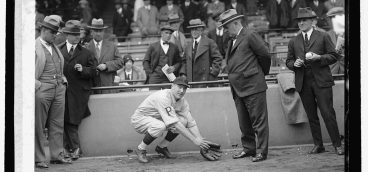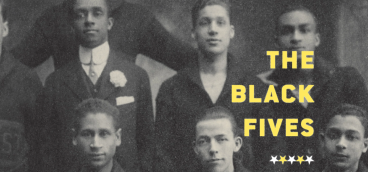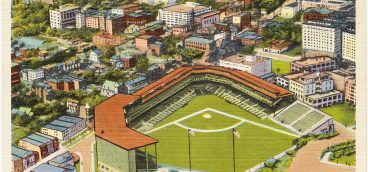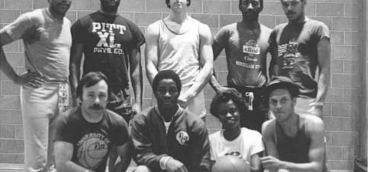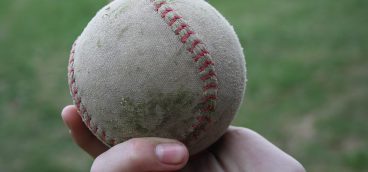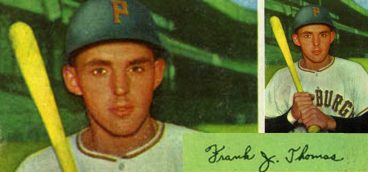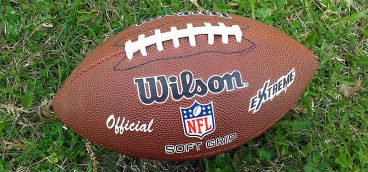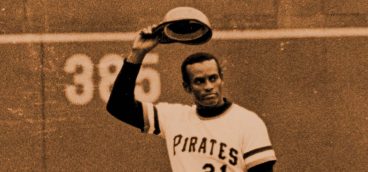The American League’s Jackie Robinson
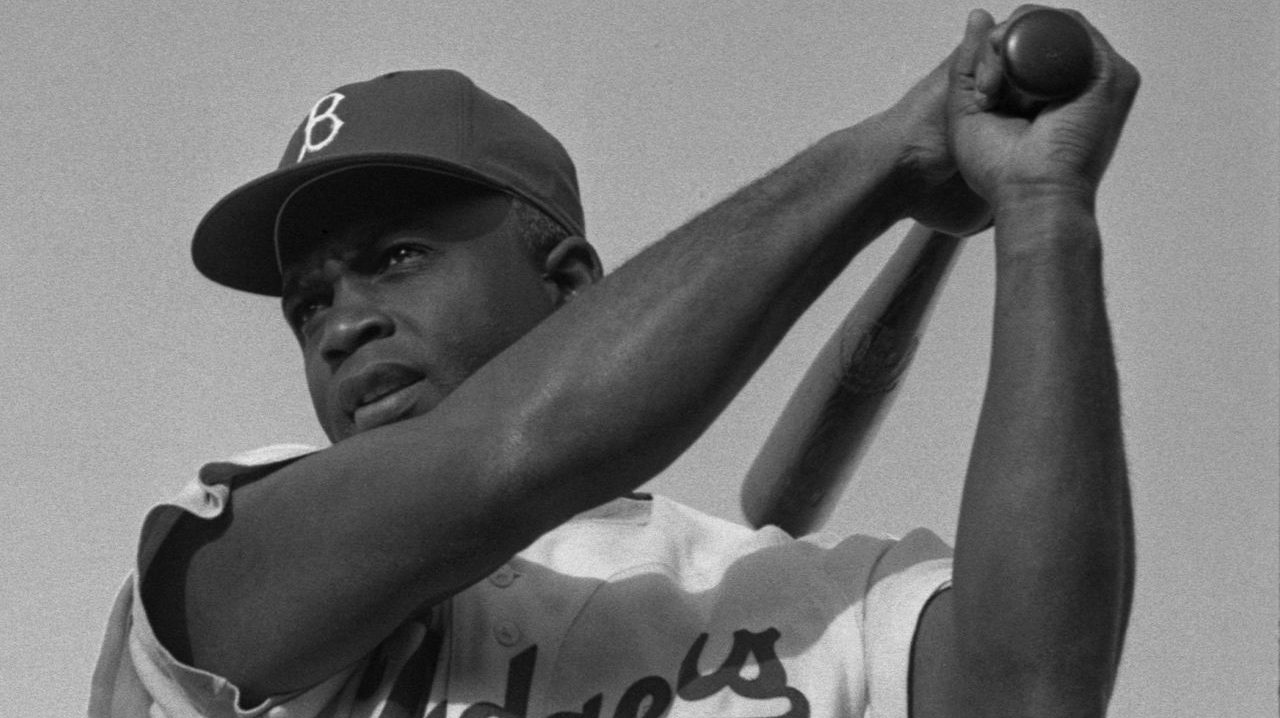
Black History Month recognizes and honors the greatness of African-Americans who triumphed over prejudice and hatred and brought about major changes in American culture and society.
In baseball, the player most honored during Black History Month is Jackie Robinson, who integrated the Major Leagues when he jogged onto the field for the Brooklyn Dodgers on Opening Day, April 15, 1947. Yet there is another African-American who also had a major impact on the integration of baseball, but is often overlooked during the celebration of Black History Month.
On July 3, 1947, less than three months after Jackie Robinson integrated baseball, Cleveland Indians owner Bill Veeck told a gathering of Cleveland sportswriters that the Indians had “signed a new ballplayer named Larry Doby.” After a pause, Veeck added, “He’s a Negro.”
While the reporters stood there in stunned silence, Veeck went on to tell them that “He’ll be a great ballplayer. He’s a second baseman with the Newark Eagles in the Negro National League.” When asked by reporters when Larry Doby was due to report, Veeck responded, “in Chicago day after tomorrow.” Doby made his debut on July 5 against the Chicago White Sox.
Unlike the aggressive Robinson, Doby was more withdrawn. Before his first game, he said, “I feel — well more than nervous. I feel like I’m going into a strange new world.” During the game Doby, who didn’t start, sat in the corner of the dugout, where he was snubbed by his Indians teammates. When he was finally used as a pinch hitter, he struck out.
While Jackie Robinson led the Dodgers to the National League pennant in 1947 and was named Rookie of the Year, Doby, used mostly as a pinch hitter, had a miserable season, batting only .156 with no home runs and only six RBIs. But in 1948, after winning a starting job in Cleveland’s outfield, he bounced back, hitting .297, with 14 home runs and 66 RBIs. He helped the Indians to the American League pennant and a trip to the World Series In the Indians’ victory over the Boston Braves in the 1948 World Series, Doby became the first African-American to hit a home run in a World Series history.
In 1949, a confident Doby played his way into his first of seven consecutive All-Star games. In 1954, he led the American League with 32 home runs and 126 RBIs and played an outstanding center field, as his Indians went on to win their second pennant during Doby’s career. The Indians were swept by the Giants in the World Series, but Doby, after the 1954 season, finished second to the Yankees Yogi Berra for the American League Most Valuable Player award.
After Doby retired as a player in 1960, he stayed in baseball as a coach because he wanted to be the first African-American manager in MLB history. He wrote letters to several teams, but it was Frank Robinson, in the 1975 season, who made that history when he became the player-manager of Doby’s old team, the Cleveland Indians. Doby became the second black manager when he replaced Bob Lemon in mid-season 1978 for the White Sox, but he was fired at the end of the season. He never managed again.
While Jackie Robinson was elected to the Baseball Hall of Fame in his first year of eligibility, Doby had to wait until 1998, almost 40 years after he ended his career as a player, before he was selected by the Veterans Committee. It was a belated recognition of Doby’s contribution to the integration of baseball, but a recognition richly deserved.
In 2012, nearly a decade after his death in 2003, Doby was honored posthumously by the United States Post Office with a stamp in its Baseball Legends series. Other legends honored that year with Doby were Joe DiMaggio, Ted Williams, and Willie Stargell.


